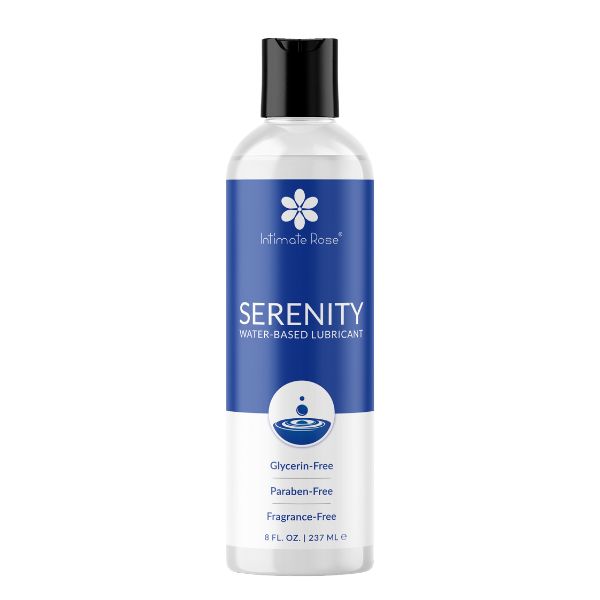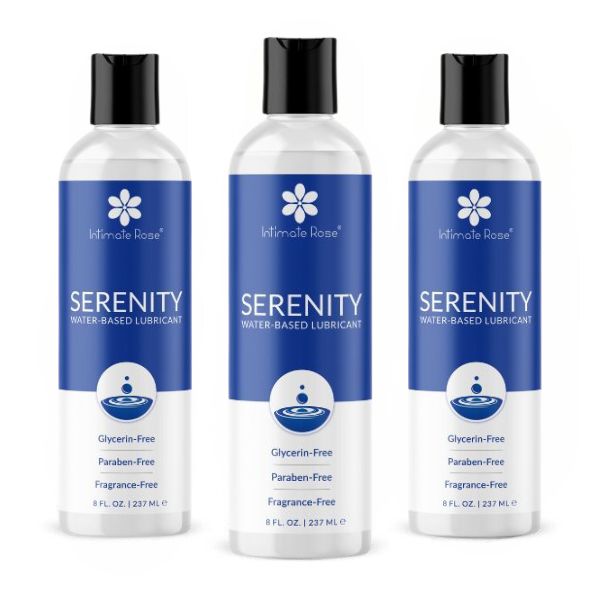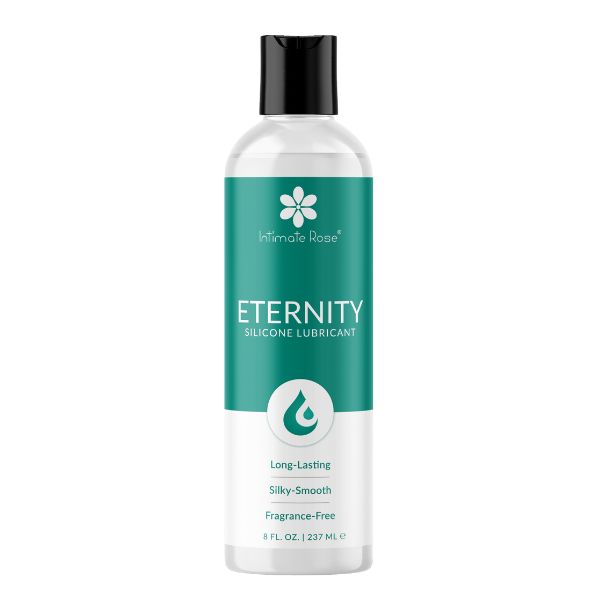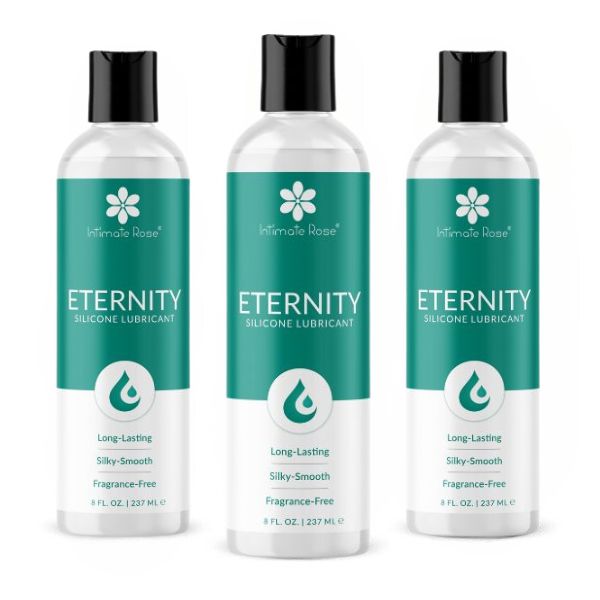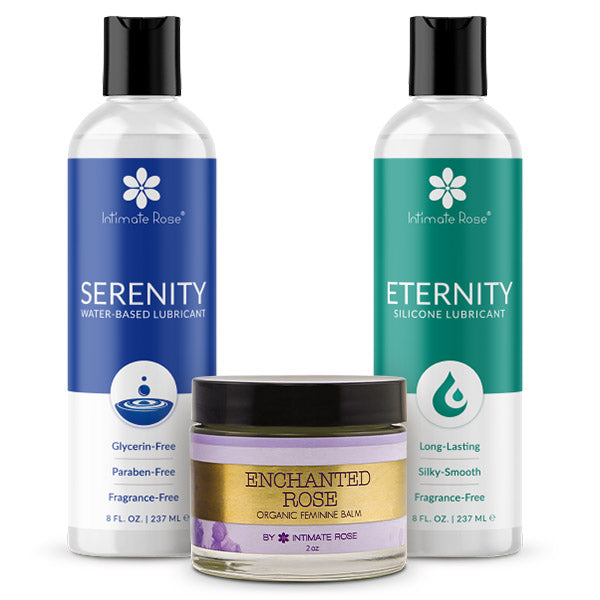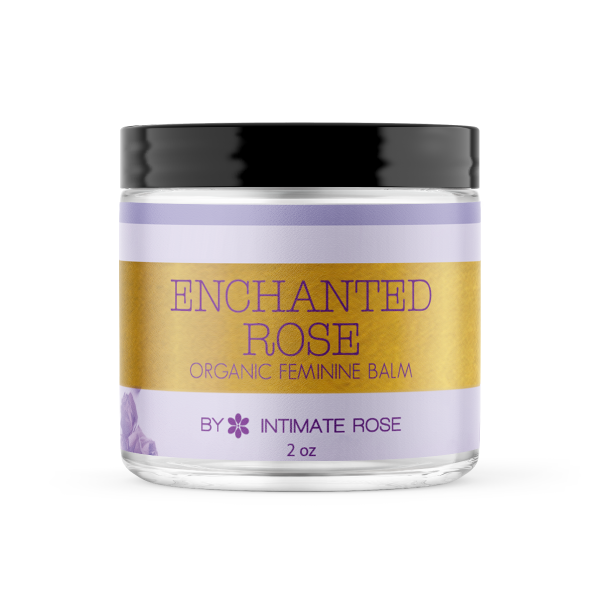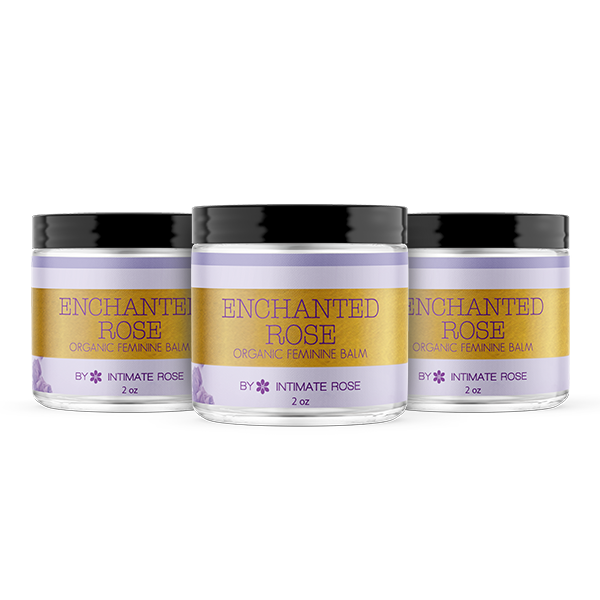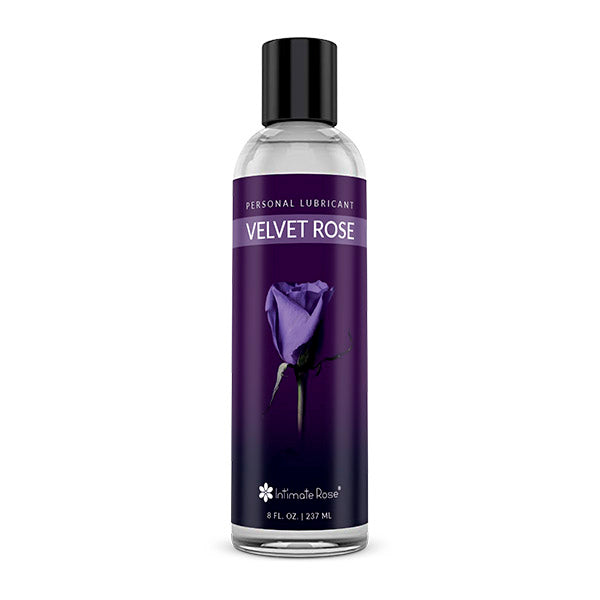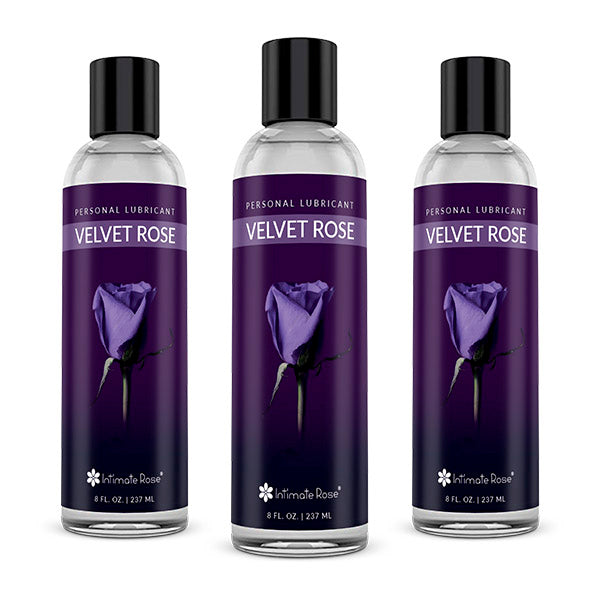Although medical researchers have identified as many as 34 symptoms of menopause, not all women experience them equally. Common symptoms include mood swings, hot flashes, irregular periods, weight gain, and vaginal dryness. However, when left untreated, these symptoms can escalate into more severe conditions like anxiety, depression, insomnia, low libido, and pain during sex.
Menopause Explained
Menopause is a natural biological process marking the end of a woman’s reproductive years, occurring in three stages: perimenopause, menopause, and postmenopause. The entire transition can last 7-14 years.
Perimenopause usually begins in a woman's 40s when estrogen production declines, causing symptoms like irregular menstruation, hormonal acne, mood swings, hot flashes, headaches, dry skin, body odor changes, weight gain, and breast tenderness. This phase can last from four to eight years.
Menopause is officially diagnosed after 12 consecutive months without menstruation, typically in the early to mid-50s. Symptoms during this stage intensify and include night sweats, dry skin, sleep disturbances, vaginal dryness, joint pain, hair thinning, and difficulty concentrating.
Postmenopause spans the 5-7 years following menopause, where most symptoms gradually diminish. However, reduced estrogen levels increase the risk of heart disease and osteoporosis during this time. Additionally, vaginal, vulvar and bladder symptoms often worsen over time.
Addressing Severe Menopause Symptoms: Modern Relief Options
1. Mood Swings, Anxiety, and Depression
Mood swings in menopause result from fluctuating estrogen levels affecting serotonin, a key hormone for mood regulation. Progesterone, known as “nature’s xanax” also starts to decline during this time. If unaddressed, this can lead to severe anxiety or depression.
Treatment Options:
- Hormone Replacement Therapy (HRT): Proven highly effective in stabilizing mood by replenishing estrogen and progesterone, guided closely by healthcare professionals to manage dosage and minimize risks.
- Non-hormonal medications such as SSRIs or SNRIs can be effective, especially in women unable or unwilling to use hormonal therapies.
- Natural options like Chasteberry (Vitex agnus-castus) may help regulate mood by naturally balancing hormone levels.
2. Sleep Disturbances & Insomnia
Night sweats, anxiety, and hormonal fluctuations disrupt sleep, causing fatigue and increasing insomnia risks.
Treatment Options:
- Hormone Replacement Therapy (HRT) effectively reduces night sweats and improves sleep quality. HRT medications can be provided safely and effectively via telehealth services at IntimateRose.com. You can take a free assessment to see if you are a candidate and receive world class care from menopause specialists from the comfort of your home.
- Non-hormonal alternatives like low-dose antidepressants (SSRIs, SNRIs) or gabapentin can significantly alleviate night sweats and improve sleep patterns.
- Supplements such as Chasteberry and lifestyle modifications (avoiding stimulants and alcohol, regular exercise, meditation) also support restful sleep.
Hormonal and Non Hormonal Menopause Relief
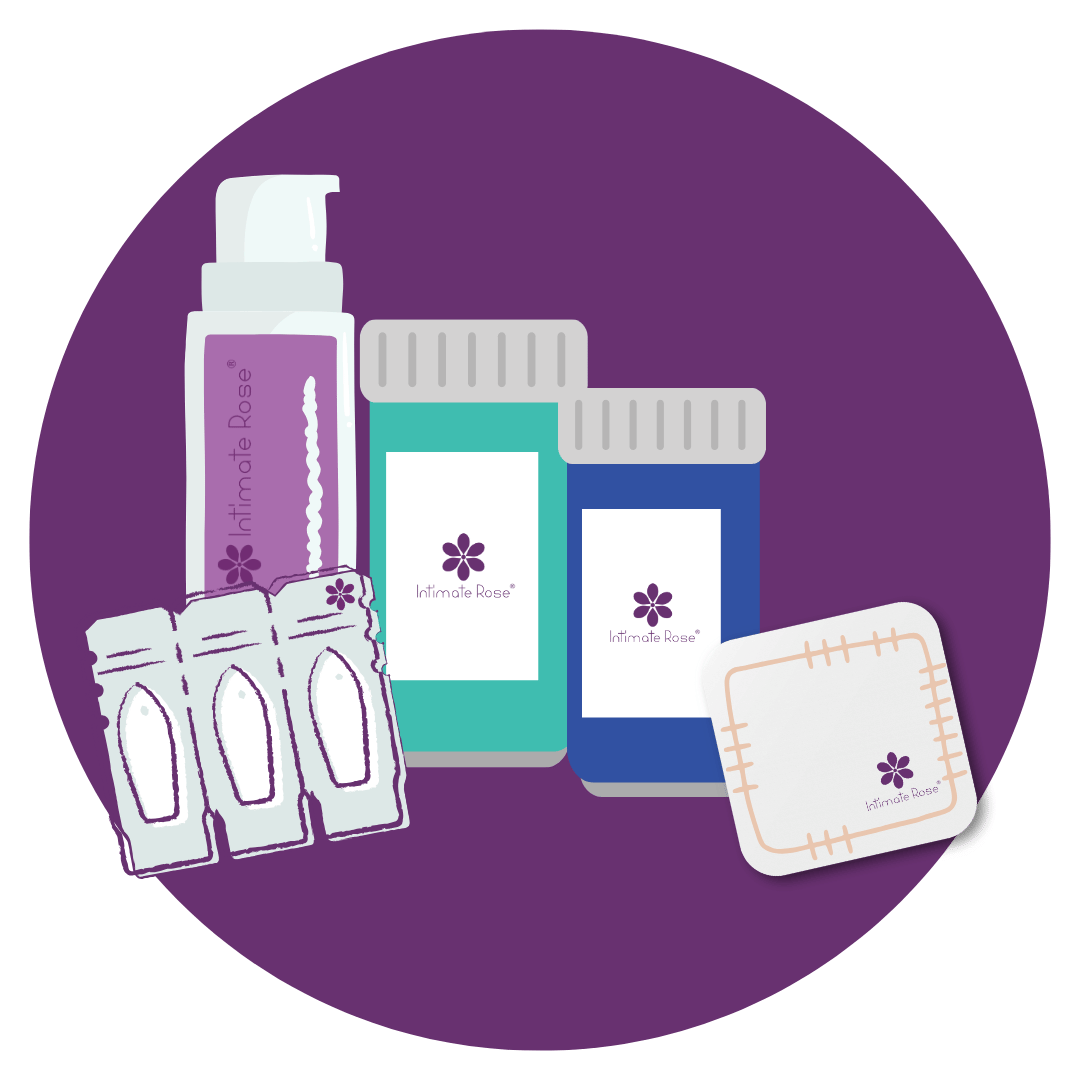
3. Vaginal Dryness & Low Libido
Lower estrogen levels reduce vaginal lubrication, leading to dryness, discomfort during sex, decreased libido, and increased susceptibility to urinary tract infections.
Treatment Options:
- Local vaginal estrogen therapy (creams, tablets, rings) safely and effectively restores vaginal health without significantly increasing systemic hormone levels.
- Non-hormonal treatments include FDA-approved vaginal moisturizers, balms, lubricants, and hyaluronic acid-based gels for daily use. Regular use of vaginal moisturizers and lubricants when using pelvic health tools, toys, or during intimacy is helpful to reduce friction which can be painful due to vaginal dryness. Intimate Rose’s lubricants are all FDA cleared and body safe. Intimate Rose’s water based lubricant Serenity is glycerine and BPA free, with a long last formula that is perfect for all of these.
- Regular use of vaginal dilators alongside moisturizers helps maintain vaginal flexibility and comfort. The FDA approved silicone dilators available at IntimateRose.com come in 9 sizes to allow for gentle progression; beginning as small as a pinky and gradually increasing in length and width, these tools help to mobilize the vaginal canal and pelvic floor muscles for pain free intimacy.
4. Weight Gain Affecting Overall Health
Menopausal weight gain occurs due to hormonal changes, slower metabolism, lifestyle, and dietary shifts, impacting confidence and overall health.
Treatment Options:
- HRT can help manage fat redistribution and reduce insulin resistance, but it is most effective alongside lifestyle changes.
- Dietary adjustments emphasizing lean protein, vegetables, fruits, and whole grains, coupled with regular high-intensity interval training (HIIT), brisk walking, or resistance exercises, significantly support weight management.
- Non-hormonal supplements that balance hormones or insulin sensitivity, such as Chasteberry or inositol, may offer additional benefits.
- Use of medications such as GLP-1’s have been shown to help many women lose weight and keep it off. These medications are available hassle free via telehealth at IntimateRose.com, where they offer a free assessment to help you determine if GLP-1s are right for you.

Get your personalized HRT plan!

Get your personalized HRT plan!
Conclusion
Menopause, though natural, can greatly impact quality of life. Modern options such as personalized HRT regimens or targeted non-hormonal therapies, provide effective symptom relief and significantly enhance women's well-being during menopause. Consulting with a healthcare provider can help tailor treatments safely and effectively, empowering women through this transitional stage.
References
Medical News Today – What Are The 34 Symptoms of Menopause - https://www.medicalnewstoday.com/articles/what-are-the-34-symptoms-of-menopause
American College of Obstetricians & Gynecologists - Mood Changes During Perimenopause Are Real. Here’s What to Know -https://www.acog.org/womens-health/experts-and-stories/the-latest/mood-changes-during-perimenopause-are-real-heres-what-to-know
National Library of Medicine - Comparison of Vitex agnus-castus Extracts with Placebo in Reducing Menopausal Symptoms: A Randomized Double-Blind Study - https://www.ncbi.nlm.nih.gov/pmc/articles/PMC6887765/
People’s Pharmacy - Is Chasteberry a Natural Way to Ease Hot Flashes? - https://www.peoplespharmacy.com/articles/is-chasteberry-a-natural-way-to-ease-hot-flashes
American Family Physician - Diagnosis and Treatment of Atrophic Vaginitis - https://www.aafp.org/pubs/afp/issues/2000/0515/p3090.html
Everyday Health - 12 Ways to Beat Menopausal Belly Fat - https://www.everydayhealth.com/menopause-pictures/ways-to-beat-menopausal-belly-fat.aspx

Get your personalized HRT plan!




